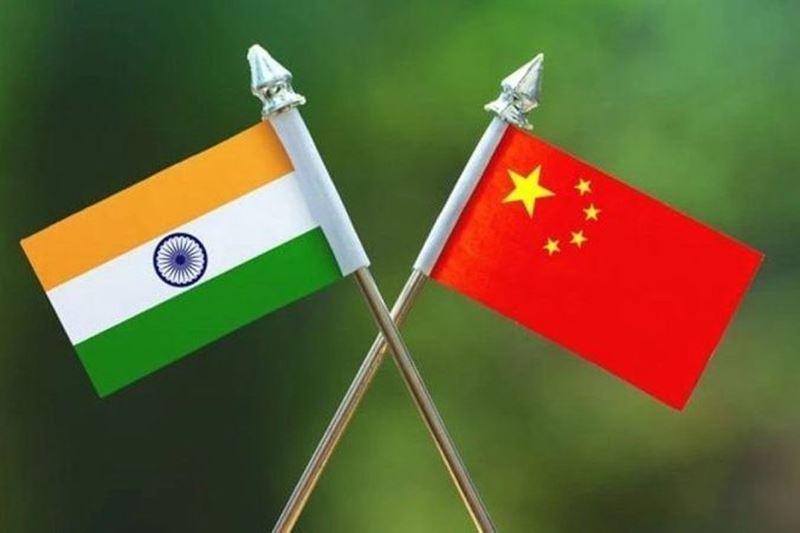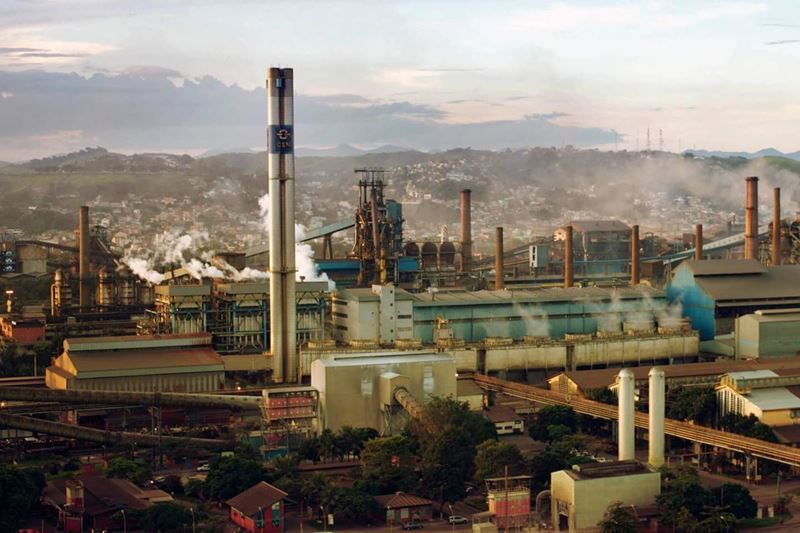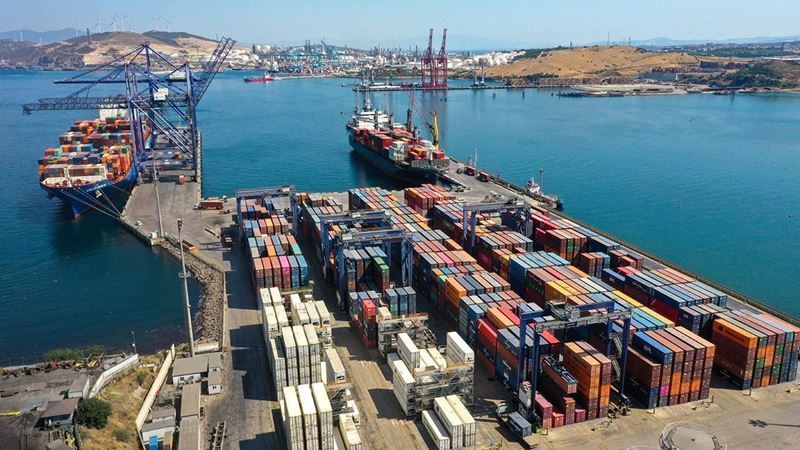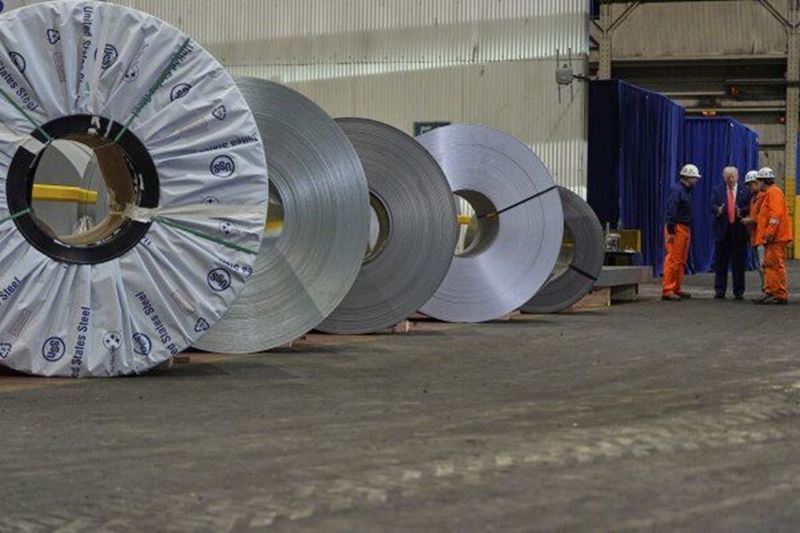Last month, the government’s leading think tank Niti Aayog recommended removing the mandatory prior approval requirement for Chinese investments of up to 24%. Press Note 3, which came into effect in April 2020, requires government approval for all investments originating from countries sharing a land border with India. The measure was aimed at preventing opportunistic takeovers of domestic companies.
Diplomatic exchanges between the two countries have accelerated in recent months. Following reciprocal visits by ministers and senior officials, both sides agreed to resume direct flights, allow tourist visits, and step up dialogue on resolving border disputes.
Last week, after Chinese Foreign Minister Wang Yi’s visit to India, China agreed to facilitate the supply of rare earth magnets and fertilizers to India. Meanwhile, Indian Foreign Minister S. Jaishankar visited Beijing this month and met with Chinese President Xi Jinping. The visit is being seen as a significant step toward restoring ties between the two nations.
Prime Minister Narendra Modi is set to attend the Shanghai Cooperation Organization (SCO) Summit in China on August 31–September 1, where he is expected to hold a bilateral meeting with President Xi Jinping on the sidelines. This will mark Modi’s first official engagement in China in seven years.
These developments come at a time when both countries are taking steps to strengthen commercial and diplomatic relations, following the imposition of 50% tariffs on Indian goods by U.S. President Donald Trump’s administration, which came into effect on August 27.
Press Note 3 mandates prior government approval for foreign investments from countries sharing a land border with India. In April 2020, India amended Press Note 3 to require such approval for all foreign direct investments from neighboring countries, regardless of sector. The move, primarily aimed at China, came in the aftermath of border clashes between the two neighbors.










Comments
No comment yet.